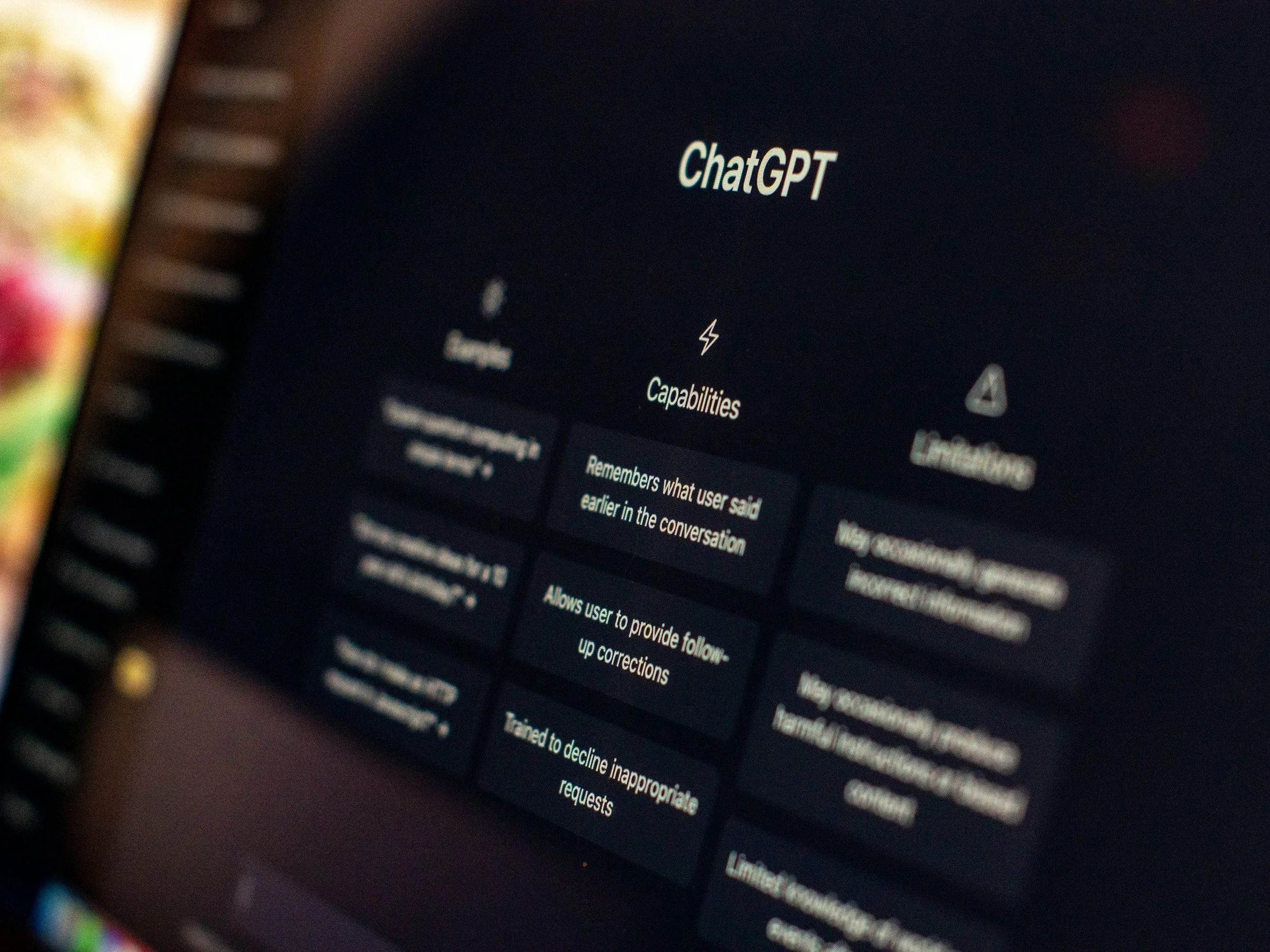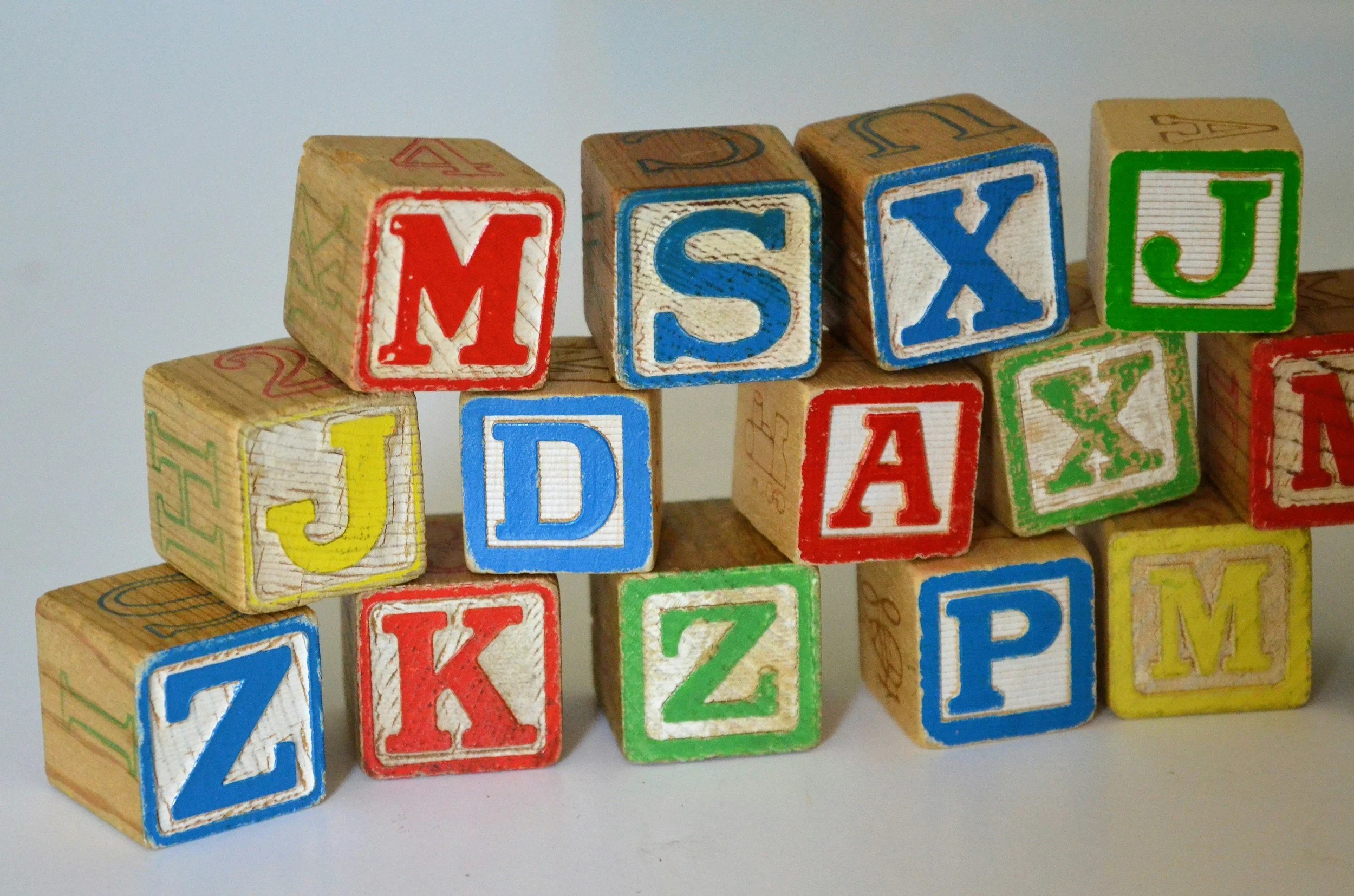Seidenblog
Where did Phonemic Awareness training come from?
This post summarizes my longstanding concerns about the practice of phonemic awareness instruction, a core element of the “science of reading” approach that is based on a deep misunderstanding of what phonemes are and how phonemic awareness develops.
This material will appear in somewhat different form in the updated edition of my book, to appear early next year.
On “Structured Literacy” in the Science of Reading
An updated version of my book about reading and education will appear in a few months. It focuses on developments in reading education since it was published, including the emergence of the “science of reading” approach to instruction. This post is based on material that will appear in the new edition.
Calkins Redux
In light of the Dec 2024 article in the Atlantic about Lucy Calkins, I am reposting this piece of mine from a few years ago.
AI wants to help
AI tools that do remarkable things are appearing so often it’s impossible to keep up. I have just tried the innocuously named NotebookLM from Google and think you’ll be interested in the results.
The discussion continues....
I see that there are >100 responses to my last post, which will take me a little time to go through. The exchange is also continuing on the SPELLtalk list. I won't have time to copy all of that over to this site, I'm afraid.
More on teaching phonemes
I don’t know if we agree about phonics, but let’s get back to phonemic awareness. Thanks for clarifying that you don’t advocate teaching 44 phonemes as a prerequisite skill. I had in mind the many people who are doing this.
On the phonemes in "phonemic awareness"
You’re obviously committed to reading education and to achieving consensus about what works and why. Engaging in thoughtful, civil discussions about challenging issues is essential, of course, and I am responding with that in mind. Although I’m responding to your post, I’m addressing views that are shared by many people, which you’ve helpfully summarized.
New article in American Educator
Teaching reading to African American children: When home and school language differ, an article Mark coauthored with Dr. Julie Washington, is now out in the summer issue of American Educator. The article includes a discussion of African American English and its influence on reading, as well as recommendations for teaching



















